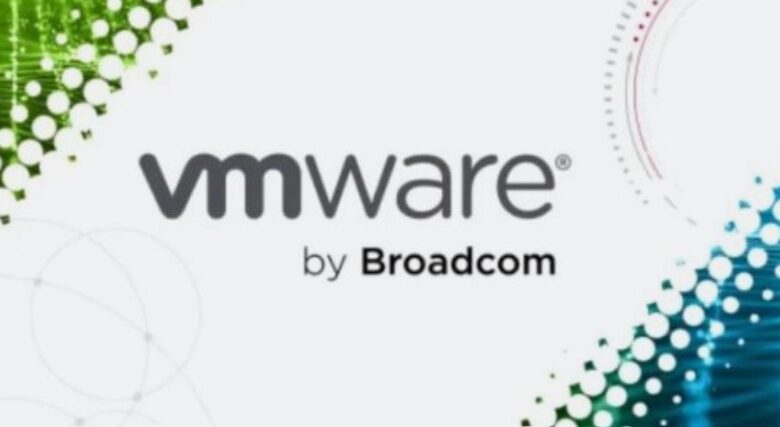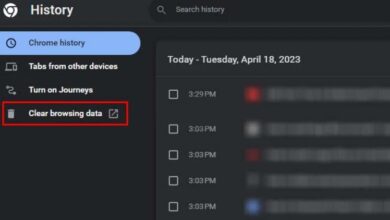
Broadcom execs say VMware price
Following the conclusion of its acquisition of the virtualization brand in late November, Broadcom has made contentious modifications to VMware. Executives from Broadcom are attempting to persuade partners and customers of VMware that they will soon see the subscription-fueled light. However, there is still unhappiness, as seen by the fact that trade associations keep pressuring authorities to stop what they see as unethical corporate activities.
Broadcom execs say VMware price
Ever since Broadcom declared that it would stop offering perpetual VMware licences in December 2023, there have been grievances raised about the model’s escalating expenses. Attendees at a VMware User Group Town Hall in March complained about price increases of up to 600 percent, according to The Register. As per a ServeTheHome research from February, small managed service providers who have previously collaborated with VMware have observed a tenfold increase in business costs.
Broadcom execs defend subscription
The Register was reportedly informed by Sylvain Cazard, president of Broadcom Software for Asia-Pacific, that complaints regarding price increases are unjustified because customers who use at least two components of VMware’s flagship Cloud Foundation will pay less overall and because support is now included in the pricing, something VMware did not do before.
According to The Register, Cazard, Paul Turner, VMware’s vice president of product management, and Prashanth Shenoy, vice president of product and technical marketing for the company’s Cloud, Infrastructure, Platforms, and Solutions group, concurred that those who believe the company’s move to subscriptions is unfair don’t take into account the fact that VMware was among the first in the industry to adopt the model.
Broadcom has previously advanced this defence. In a March blog post defending VMware’s revisions, Broadcom CEO and President Hock Tan referred to subscription-only licencing as “the industry standard.”
Industry groups are still working to get federal authorities involved in how Broadcom is managing VMware, despite the company’s executives’ best efforts to persuade the public that its moves are sensible and will eventually benefit stakeholders financially.
Representatives from the CIO Platform Nederland association for CIOs and CDOs, the French network of companies interested in digital technology, Le Cigref, a Belgian CIO trade group, and VOICE e.V., a German association for IT decisionmakers, sent a letter [PDF] to European Commission President Ursula von der Leyen and European Commissioner Thierry Breton on Thursday, asking the commission to “strongly condemn” Broadcom’s business practices. This information was reported by the Dutch IT magazine Computable on Friday.
The letter expresses dissatisfaction with Broadcom for allegedly implementing “sudden changes in policy and practices” that have affected VMware. According to the authors, these changes have resulted in steep price increases, a breakdown of previous agreements, the inability to resell licences, the failure to uphold security requirements for perpetual licences, the (re)bundling of licences, which has increased costs, disruption of the VMware reseller and partner ecosystem, and “a loss of knowledge.”
Cloud Foundation updates
Executives told The Register that Broadcom has two significant enhancements coming for VMware’s Cloud Foundation that will aid in the understanding of the new VMware.
Broadcom intends to update Cloud Foundation in July to enable the usage of a single licence key across all components. As the firm works to introduce a VMware NSX overlay and enable single sign-on for all VMware products, the upgrade is also expected to strengthen support for OAuth. According to Turner, who spoke with The Register, these modifications are an example of Broadcom’s efforts to simplify the implementation of VMware Cloud Foundation compared to its pre-acquisition state.
The VCF 9 update, which Shenoy told The Register will be “the fullest expression of Broadcom’s vision for product integration,” will be made available by VMware in the first half of 2025. Turner stated that customers using different VMware products will no longer require separate silos for discrete storage as a result of the change.



